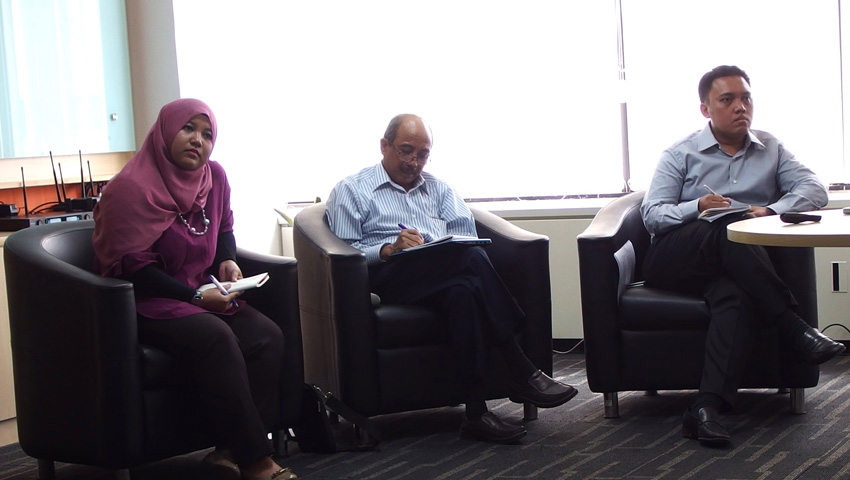Innovation and development of science and technology is one effort made to answer problems of the nation. Formulation and implementation of the National Research Agenda (ARN) contribute to better direct research activities by various parties towards the achievement of national development goals.
"Out of the nine national development agenda, science and technology is one of the sub-agenda designed to improve people's productivity and international competitiveness. ARN spells out government's top priorities in the field of science and technology. But until now, ARN has not been used as a reference by many researchers and government research institutions and industry, "said Dr. Ir. Iding Chaidir, M.Sc, Secretary of the National Research Council for the period of 2012-2014. Dr. Chaidir presented in Knowledge Sector Sharing session held by KSI in Jakarta on January 27, 2015.
This presentation is also supported by the results of the evaluation of ARN 2010-2014 by the Center for Innovation & Policy Governance (CIPG). According to Mona Luthfina Usmani, one of the findings of the evaluation is that ARN has also not yet fully highlighted research needs at the scope of national policy (demand driven). ARN 2010-2014 includes a total of 39 research themes and 10 prime research themes covering seven focus areas and one on humanities. "But almost all of them are still supply push (in nature), meaning that it depends on the focus and research interest, not related to the need for policy formulation," said Mona. Furthermore, Mona added that the enabling environment (support) such as legality of ARN, relevance of science and technology and development as well as synergy between actors in the community of science and technology and innovation is a major problem that needs to be considered properly.
As an agency that helps the Ministry of Research and Technology in formulating the directions and main priorities of development of science and technology, the National Research Council identifies three aspects of changes to strengthen the role of ARN: legal umbrella for ARN and National Strategic Development Policy; scope of the broader field of development in ARN and at the same time determines National Research Project; and optimizes the process of preparation, implementation, monitoring and evaluation of ARN optimally. In the near future the merger of the Directorate General of Higher Education and (the Ministry of) Research and Technology also have an impact on the National Research Council and the Council for Higher Education. "This is a good opportunity to discuss various aspects of the strengthening of research including allocation of research budget," said Dr. Chaidir in a discussion with the participants.
“It is also our hope that the ARN encourage the implementation of research that accommodates the needs of disabled people in policy formulation. Services and public facilities as well as technology developed to date have yet taken into consideration and pay attention to the needs of the disabled. It is our hope that future research can contribute to humanity as well as beneficial for all parties," suggested M. Syafie, one participant from the Disability Integration and Advocacy Center (SIGAB) to the speaker.






